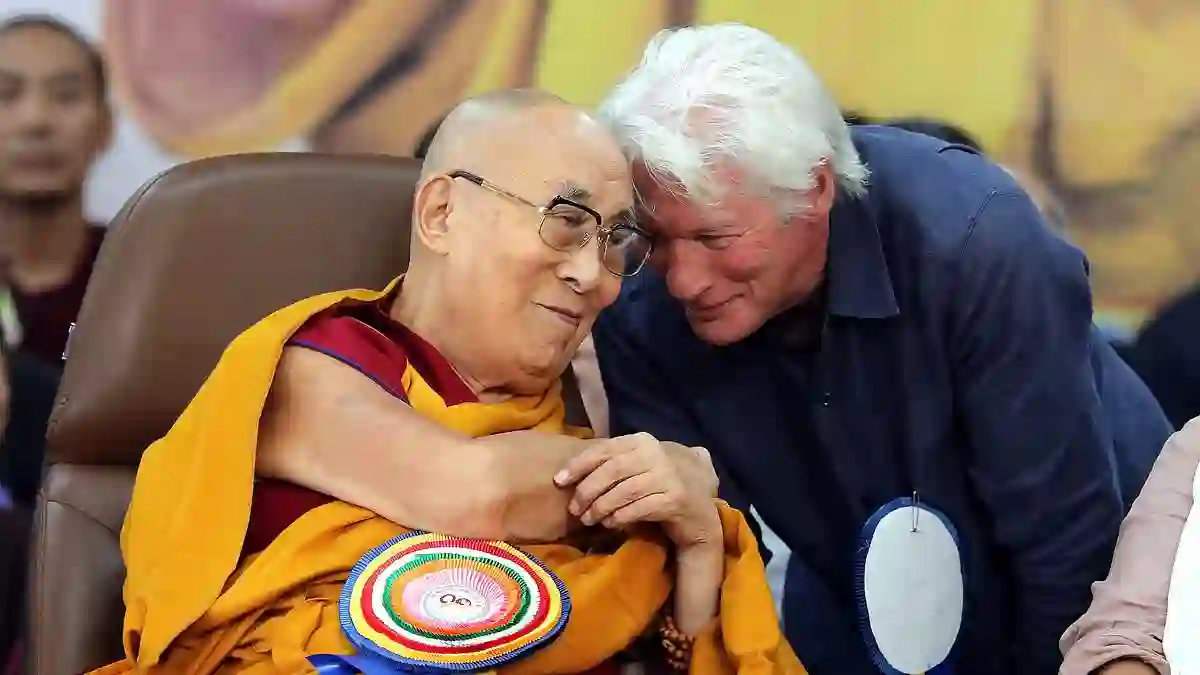Canadian journalist Sam Forster has found himself at the center of a social media storm following the announcement of his forthcoming book, Seven Shoulders.
The book details Forster’s experience disguising himself as a Black man to explore racism in the United States, a premise that has been met with widespread condemnation online.
The Announcement and Immediate Backlash
Forster revealed the premise of his book on social media, stating, “Last summer, I disguised myself as a Black man and traveled throughout the United States to document how racism persists in American society.”
The post quickly went viral, garnering over 11 million views and a torrent of negative reactions.
Online Reactions and Criticism
The announcement sparked a range of responses, from mockery to outright disgust. One prominent critic, Portia McGonagal, expressed her frustration by saying, “Black people exist.
We do not need your aspirational savior, to cosplay our realities. I don’t suppose it occurred to you that a book outlining stories from and about our lived experiences ever crossed your mind.
Not when you can put on blackface.”
The Twitter account Bad Writing Takes sarcastically commented, “For too long, the discussion of racism has been unfairly dominated by the feelings and experiences of actual black people.
Thank goodness for brave writers like Sam Forster for finally shedding light on the ordeals of white people in black face.”
Comparisons to Historical Works
Some have compared Forster’s project to John Howard Griffin’s Black Like Me, a memoir published in 1961 about Griffin’s experiences living as a Black man in the Deep South.
However, many pointed out that Forster’s book lacks the historical context and sensitivity of Griffin’s work, making it seem more like a misguided attempt at relevance.
The Book’s Description and Author’s Defense
The Amazon blurb for Seven Shoulders describes the book as, “the most important book on American race relations that has ever been written.”
This bold claim has been met with skepticism and ridicule. Imani Gandy, a commentator, noted, “You’re a journalist.
You could have just interviewed some Black Americans. This is wild especially considering some other white dude already did this and there’s no way your book is the most important book ever written on race relations. That’s a comical statement.”
The Absence of Disguise Photos
Adding to the controversy, Forster has decided not to release any photos of himself in blackface, claiming it would be offensive.
Tim Gill, a sociology professor, posted, “Forster decided not to release pictures of him in blackface for his new book because he says it’s offensive to view and that he’s opposed to showing White folks in blackface.
However, he believes as long as you’re truly trying to pass yourself as Black, it’s permissible.”
Social Media and Public Opinion
The decision to withhold photos has done little to quell the criticism. Many social media users have pointed out that Forster’s refusal to release images suggests he is aware of the inherently offensive nature of his project.
Katie Herzog, a journalist, shared a screenshot from what appeared to be a manuscript of Forster’s book, where he states, “In any case, I have decided against releasing images of myself,” presumably referring to his disguise.
The Broader Implications
The backlash against Seven Shoulders highlights ongoing tensions around issues of race, privilege, and representation.
Critics argue that Forster’s approach is not only insensitive but also emblematic of a broader trend where white individuals co-opt and commodify Black experiences for personal gain.
Conclusion
As Seven Shoulders prepares for its release on May 30, the controversy surrounding its premise continues to grow.
Sam Forster’s attempt to document racism by disguising himself as a Black man has been widely condemned as offensive and misguided.
This incident serves as a stark reminder of the complexities and sensitivities involved in discussing race relations, particularly for those outside the communities they seek to represent.
The book’s reception and the ongoing debate will likely influence future discussions on how to appropriately and respectfully engage with issues of race and identity in literature and journalist.
Breaking News
